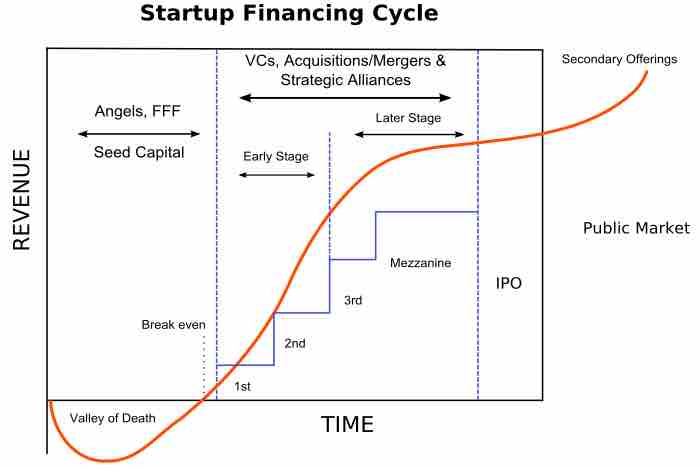Benefits of Small Business
Greater Flexibility
In general, small start-up firms have greater flexibility than larger firms and the capacity to respond promptly to industry or community developments. They are able to innovate and create new products and services more rapidly and creatively than larger companies that are mired in bureaucracy. Whether reacting to changes in fashion, demographics, or a competitor's advertising, a small firm usually can make decisions in days, not months or years.
Small business is also well suited to Internet marketing because it can easily serve specialized niches, something that would have been more difficult prior to the Internet revolution, which began in the late 1990s. Adapting to change is crucial in business and particularly small business; not being tied to any bureaucratic inertia, it is typically easier to respond to the marketplace quickly. Small business proprietors tend to be intimate with their customers and clients which results in greater accountability and maturity.
A small firm has the ability to modify its products or services in response to unique customer needs. The average entrepreneur or manager of a small business knows his customer base far better than one in a large company. If a modification in the products or services offered, or even the business's hours of operation, would better serve the customers, it is possible for a small firm to make changes. Customers can even have a role in product development.
Entrepreneurial Spirit
Another strength comes from the involvement of highly skilled personnel in all aspects of a startup business. In particular, startups benefit from having senior partners or managers working on tasks below their highest skill level. For example, when entrepreneur William J. Stolze helped start RF Communications in 1961 in Rochester, New York, three of the founders came from the huge corporation General Dynamics, where they held senior marketing and engineering positions. In the new venture, the marketing expert had the title "president" but actually worked to get orders. The senior engineers were no longer supervisors; instead, they were designing products. As Stolze said in his book, Start Up, "In most start-ups that I know of, the key managers have stepped back from much more responsible positions in larger companies, and this gives the new company an immense competitive advantage. " Another strength of a startup is that the people involved–the entrepreneur, any partners, advisers, employees, or even family members–have a passionate, almost compulsive, desire to succeed. This makes them work harder and better. Finally, many small businesses and startup ventures have an intangible quality that comes from people who are fully engaged and doing what they want to do. This is "the entrepreneurial spirit," the atmosphere of fun and excitement that is generated when people work together to create an opportunity for greater success than is otherwise available. This can attract workers and inspire them to do their best.
Independence
Independence is another advantage of owning a small business. One survey of small business owners showed that 38% of those who left their jobs at other companies said their main reason for leaving was that they wanted to be their own bosses. Freedom to operate independently is a reward for small business owners. In addition, many people desire to make their own decisions, take their own risks, and reap the rewards of their efforts. Small business owners have the satisfaction of making their own decisions within the constraints imposed by economic and other environmental factors. However, entrepreneurs have to work very long hours and understand that ultimately their customers are their bosses. Additionally, the startup cycle of initial financing can be daunting, and entrepreneurs have to act responsibly and intelligently so as not to end up in the "Valley of Death. " Several organizations in the United States provide help for the small business sector, such as the Internal Revenue Service's Small Business and Self-Employed One-Stop Resource.

Start-up financing cycle
Diagram of the typical financing cycle for a start-up company.